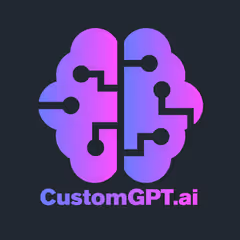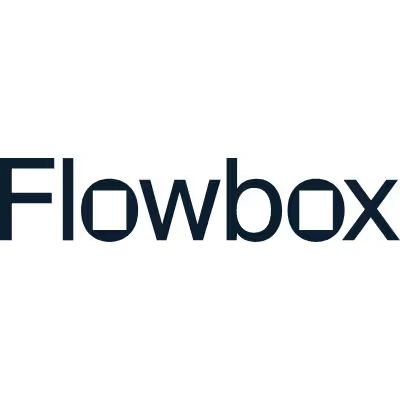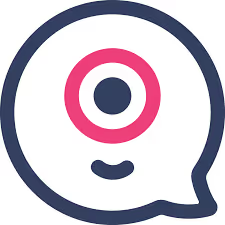What is AI Customer Success?
AI customer success uses artificial intelligence to help businesses improve customer support and increase retention automatically.
What can AI Customer Success do?
It tracks customer health, predicts churn, automates responses, and personalizes communication to boost satisfaction and loyalty.
How does AI Customer Success work?
It analyzes customer data using AI models, then provides actionable insights and automates tasks to improve engagement.
Is AI Customer Success easy to set up?
Yes, most tools offer simple integration with popular CRMs and require minimal setup time.
Is AI Customer Success free?
Some tools offer free trials or limited plans, but advanced features usually require a paid subscription.
What is the common AI Customer Success pricing?
Pricing typically starts at $50-$100 per user per month, varying by features and scale.
What are the types of AI Customer Success?
Types include churn prediction, customer health scoring, automated messaging, and product usage analytics.
Does AI Customer Success work with email?
Yes, it integrates with email to automate personalized outreach and support communications.
What are the best AI Customer Success tools?
Top tools include Gainsight, ChurnZero, Totango, and Freshsuccess for different business needs.
What are common AI Customer Success integrations?
Common integrations are CRMs like Salesforce, communication platforms like Slack, and support tools like Zendesk.
























